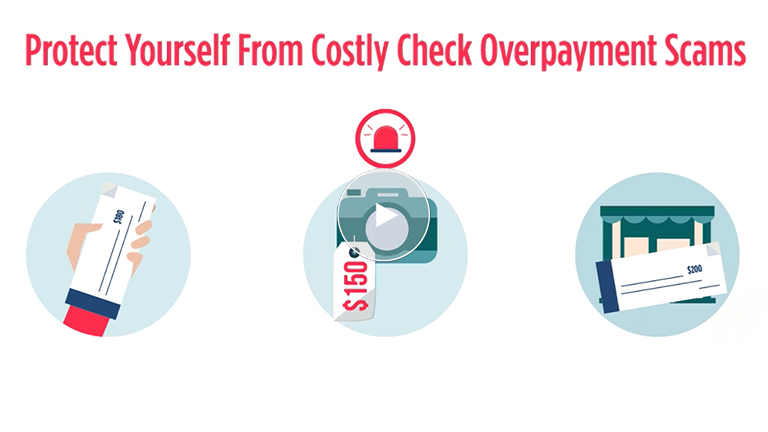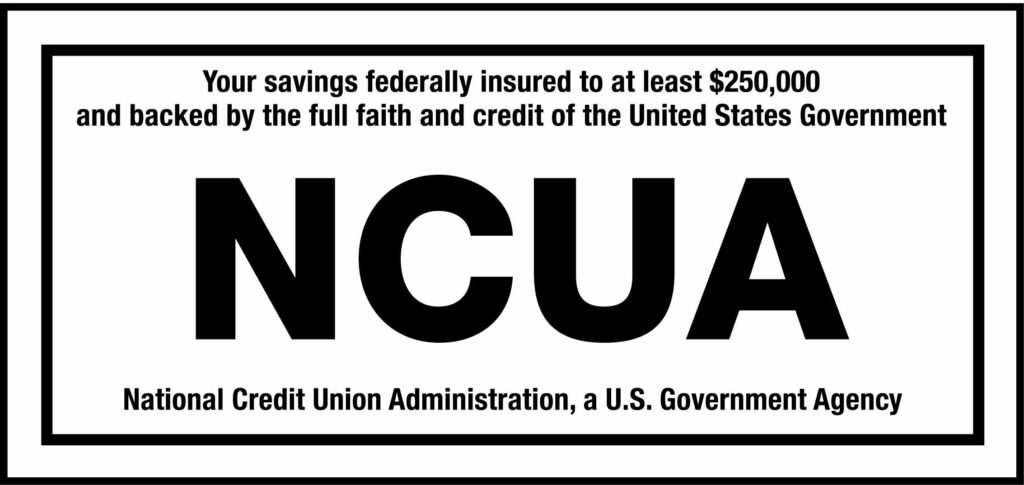All You Need to Know About Overpayment Scams
Imagine receiving a check for more than the agreed price of an item you’re selling online, only to discover it’s part of an elaborate scam. Overpayment scams are increasingly common, preying on unsuspecting sellers and causing significant financial loss. Let’s delve into what overpayment scams are, how to recognize them, and what steps you can take to protect yourself.
What is an Overpayment Scam?
In an overpayment scam, fraudsters target individuals selling high-value items—such as cars, electronics, or furniture—typically on online platforms or through classified ads. The scam begins when the buyer offers to pay more than the asking price and sends a check for the surplus amount. Once the seller deposits the check, the scammer requests the excess money be returned, often via wire transfer or a prepaid debit card. However, the original check is fraudulent and eventually bounces, leaving the seller without payment and out of pocket for the refunded surplus.

How Overpayment Scams Unfold
- Contact and Offer: A buyer contacts you, showing interest in your item and offering to pay more than the asking price.
- Payment and Request: You receive a check for an amount greater than what was agreed upon. The buyer asks you to deposit the check and return the overpaid amount.
- Bounced Check: You send the surplus money back, only to find out later that the check is fake, and your bank holds you liable for the entire amount.
Recognizing Red Flags
When selling items online, be cautious of the following warning signs:
- Overpayment Offers: The buyer proposes an amount higher than the item’s selling price.
- Urgency: The buyer pressures you to act quickly and send back the surplus.
- Payment Methods: Requests for refunding via wire transfer or prepaid debit cards are common in these scams.
- Suspicious Communication: Unusual behavior or unverified contact details from the buyer.
Tips to Avoid Overpayment Scams
- Verify Buyer Information: Independently confirm the buyer’s name, address, and contact number.
- Stick to the Agreed Price: Do not accept checks or payments for more than the agreed selling price.
- Wait for Clearance: Ensure that the buyer’s check fully clears before shipping any items or sending any funds. This can take several days.
- Avoid Wiring Money: Never wire funds or use prepaid debit cards to refund a buyer. Legitimate buyers will not ask for this.
- Use Secure Payment Methods: Consider safer alternatives such as escrow services or verified online payment systems.
- Be Skeptical of Urgency: Take your time to research the buyer and the transaction. If it seems too good to be true, it probably is.
- Bank Verification: Request checks from local banks where you can verify their authenticity, or contact the issuing bank directly for validation.
What to Do If You’re Targeted
If you suspect you’ve been targeted by an overpayment scam, take these steps immediately:
- Report to Your Bank: Inform your financial institution about the scam; they may assist in reversing any unauthorized transactions.
- Notify the FTC: Report the incident to the Federal Trade Commission (FTC) at ftc.gov.
- Contact Local Authorities: Alert local law enforcement to document the scam and potentially prevent others from falling victim.
- Warn Others: Share your experience with friends and family to raise awareness about the scam.
Conclusion
Overpayment scams can be financially devastating, but being aware of the red flags and knowing how to respond can protect you from becoming a victim. Always verify your buyers, stick to secure payment methods, and take your time with any transaction. For more information or if you need assistance, don’t hesitate to reach out to us. We’re here to help you stay safe and informed in all your financial dealings.
Stay vigilant, and don’t let scammers overpay you into a trap!
For More Information:
- Visit the FTC’s Consumer Information page
- Contact AGCU for additional support or guidance.
#OverpaymentScam #ConsumerProtection #OnlineSafety #AGCU #StaySafe #FinancialTips




